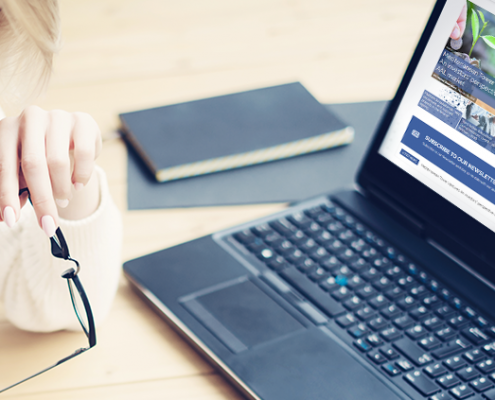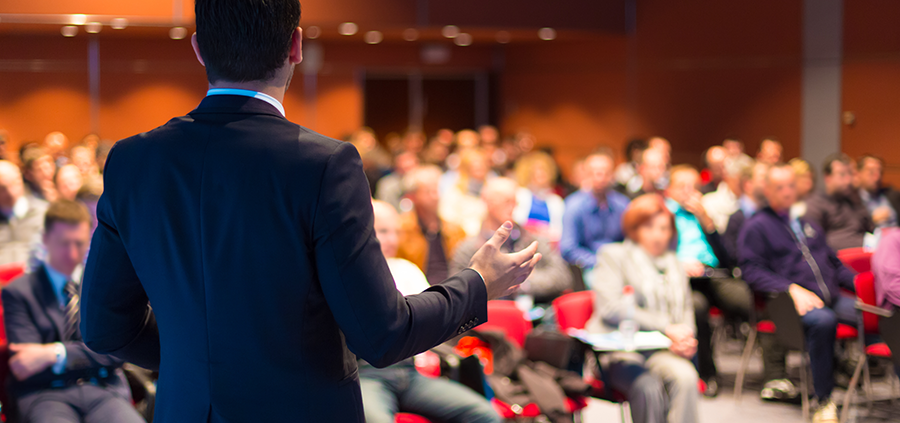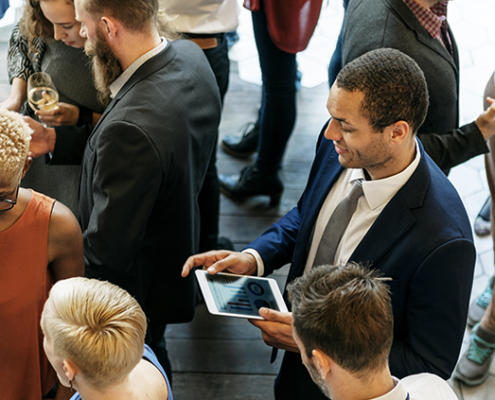 https://www.synyo.com/wp-content/uploads/2018/03/ActiveAdvice-04.png
423
900
SYNYO
https://www.synyo.com/wp-content/uploads/2017/09/synyo-logo.png
SYNYO2018-03-01 15:29:142018-03-01 15:33:08ActiveAdvice Results of End-User Tests
https://www.synyo.com/wp-content/uploads/2018/03/ActiveAdvice-04.png
423
900
SYNYO
https://www.synyo.com/wp-content/uploads/2017/09/synyo-logo.png
SYNYO2018-03-01 15:29:142018-03-01 15:33:08ActiveAdvice Results of End-User TestsNEWS

THIS ARTICLE IS PROVIDED BY FutureTDM PROJECT
Recent dissemination events
The month of June was full of interesting events: Berlin Buzzwords, Campus Warsaw and Liber Conference in Helsinki
On June the 6th, a Knowledge Café was organized at the Berlin Buzzwords 2016, a conference on storing, processing and searchability of large amounts of digital data. The audience was mainly composed of people working in tech companies, as well as researchers from universities and research institutions, and a large table was set up to discuss experiences with text and data mining (TDM) research, and legal, economic and technical barriers that currently hinder the wider uptake of this.
On Tuesday the 21th, of June, a Knowledge Café was hold at Campus Warsaw in Poland (operated by Google), a space for start-ups where they can share knowledge and experience. The participants covered a large spectrum of fields, e.g. lawyers, university representatives, public administration officers. The aim was to meet content mining stakeholders in Poland and discuss with them about the barriers they face.
The last event was hold in Helsinki on the 29th of June as part of the LIBER Conference. The event included a presentation delivered by Dr Steven Claeyssens (Data Services Coordinator from the Dutch National Library), who presented a fascinating case study – mining Vogue magazine – and from Dr Peter Leonard (Director of the Digital Humanities Lab at Yale University Library), who outlined the US perspective from a renowned institution while showcasing an innovative means of ensuring enhanced patron interaction through TDM. The KC participants had the possibility to discuss four major topics, that is, education and skills, legal issues and content, technical and infrastructure, economic factors and incentives.
Review meeting
On Monday 4th of July the consortium met in Brussels for the intermediate review meeting. After an intensive but productive rehearsal meeting hold the day in advance and a relaxing evening in a fancy Belgian restaurant, the participants were ready and well prepared for the review. The result then reflected the expectations: the PO and the reviewer were extremely satisfied for the work done during the first project period They also provided valid suggestions to further improve the outcomes of the FutureTDM, that the consortium will take into account during the second project period.
FTDM Workshop
On the 27th of September the Europe Parliament will host the FutureTDM Workshop. The event plays a relevant role for the project itself as well as for the Commission: in fact, the Commission announcement on TDM has been moved to October, therefore the workshop can have a positive impact at Commission and Parliament level. The full day workshop will be structured in two major parts. In the morning two different panels will be organized to show the participants what are the major outcomes of the project till now (e.g. the latest video will be also shown) and to explain what FTDM project will be doing to help improve uptake and to discuss the key issues that emerged from the first phase. In the afternoon the format will follow the successful KC scheme, with invited participants from the expert advisory board and interested persons from different fields, and so called facilitators (project partners that moderate the discussion and facilitate the exchange of ideas).
Joint meeting FTDM-OpenMinTed
A special event, the joint meeting between the sister projects OpenMinTed and FutureTDM, will be held on the Greek island of Spetses on 12-14 September. OpenMinTeD and FutureTDM run in parallel and are sister projects about TDM in Europe. While OpenMinTed has more of a technical focus, both projects want to increase awareness of TDM among stakeholders in Europe, showcase best practices and build a TDM community. Therefore, the joint meeting will offer the possibility to deepen and extend the collaboration and to further plan joint activities like the FutureTDM symposium. Moreover, the location (Spetses is a very small island) will allow the participants from both the projects to very easily get together not only for the planned working activities, but also during breaks and leisure activities.




